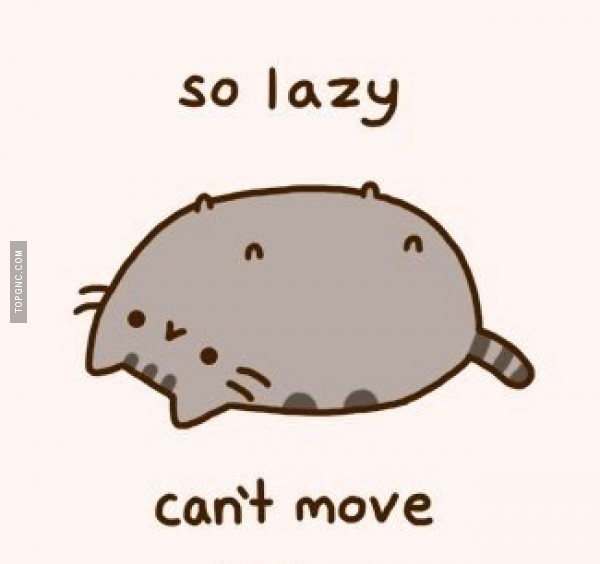Ok.....Enough about me. I just want to share some pictures during Malaysia Debate Open. It is an Asian Parliamentary debate and open to everyone including internationals.
This is my Japanese friends. I can't really remember their names. Haha. Silly me. I can speak Japanese a little bit and they are so shocked and impressed when I speak Japanese with them. Well, knowing Japanese, they are so proud with their language. So, if you want impress them,try to speak in their mother tongue.
Haha. I am one of the adjudicators. This is my first time being an adjudicator and it is so challenging because I have to listen until all the speeches end (sigh) >.<
They are the winner for the tournament. The handsome guy at the right side is my debate trainer. His name is Syed Saddiq and he is quite famous today.
Well, in debate there are not so much formality and it's all about making friends and talk about current issues. If you want to be a debater, you need to know all of the current issues and you need to be critical in analyzing and you can't be bias. You will meet people from different culture and different background. You can't force them to fit into your culture but you have to respect other's culture and be open.
I hope you enjoy reading my blog. Toodles.... >.<















